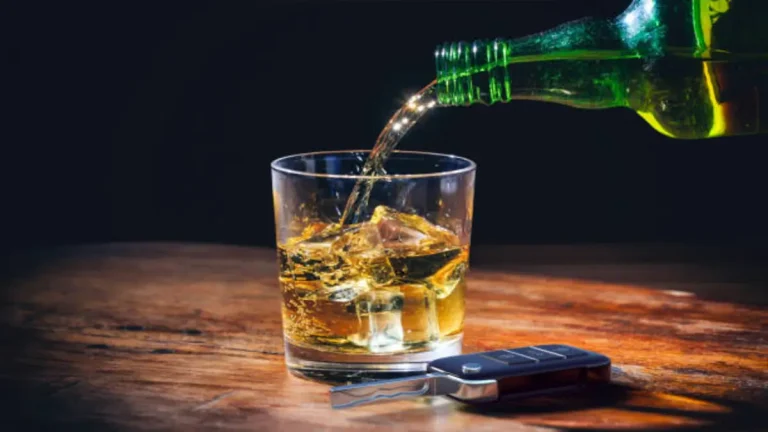In South Africa, drinking and driving remains a persistent danger on our roads. The familiar joke, “What do you call a guy who has had 12 beers? The designated driver,” might get a laugh, but the reality is grim. According to Rhys Evans, managing director at ALCO-Safe, alcohol contributes to a shocking 65% of fatal road accidents in the country, leaving countless families shattered.
Thank you for reading this post, don't forget to subscribe!How Much is “Safe”?
Many South Africans assume they can gauge their ability to drive after a few drinks but alcohol is deceptive. The legal blood alcohol concentration (BAC) for general drivers is 0.05 grams per 100 millilitres of blood, while professional drivers, such as truck or taxi operators, have a stricter limit of 0.02 grams.
In practical terms, this equates roughly to one or two 300ml beers or one to two 120ml glasses of wine for an average adult. But this is not a universal rule. Factors such as weight, metabolism, gender, and genetics mean even a single drink could tip some drivers over the legal limit. More importantly, alcohol impairs reaction time and judgment well before the legal limit is reached, making every sip a potential risk.
The Enforcement Gap
Even with legal limits in place, enforcement is inconsistent. Fines, imprisonment, license suspensions, and criminal records exist as deterrents, but weak policing and the absence of an implemented demerit system reduce their effectiveness. While technology like in-car alcohol detection systems could help, cost and public resistance limit their widespread use. Some experts suggest mandatory breathalyser systems for repeat offenders as a more targeted approach.
Changing the Culture
Legal limits and stricter enforcement are vital, but they cannot work alone. South Africa needs a cultural shift that makes drunk driving socially unacceptable. Friends must intervene when someone is intoxicated, families must hold members accountable, and communities need to actively discourage dangerous drinking behavior.
Awareness campaigns should go beyond slogans, providing real, practical education about alcohol’s effects. A combination of enforcement, education, and personal responsibility is the only way to reduce the tragic toll of alcohol-related accidents.
Until society collectively values safety over bravado, drinking and driving will continue to claim lives and the joke will remain all too real
Related article: Speed Limits in South Africa: How Fast Can You Drive Without a Fine?




